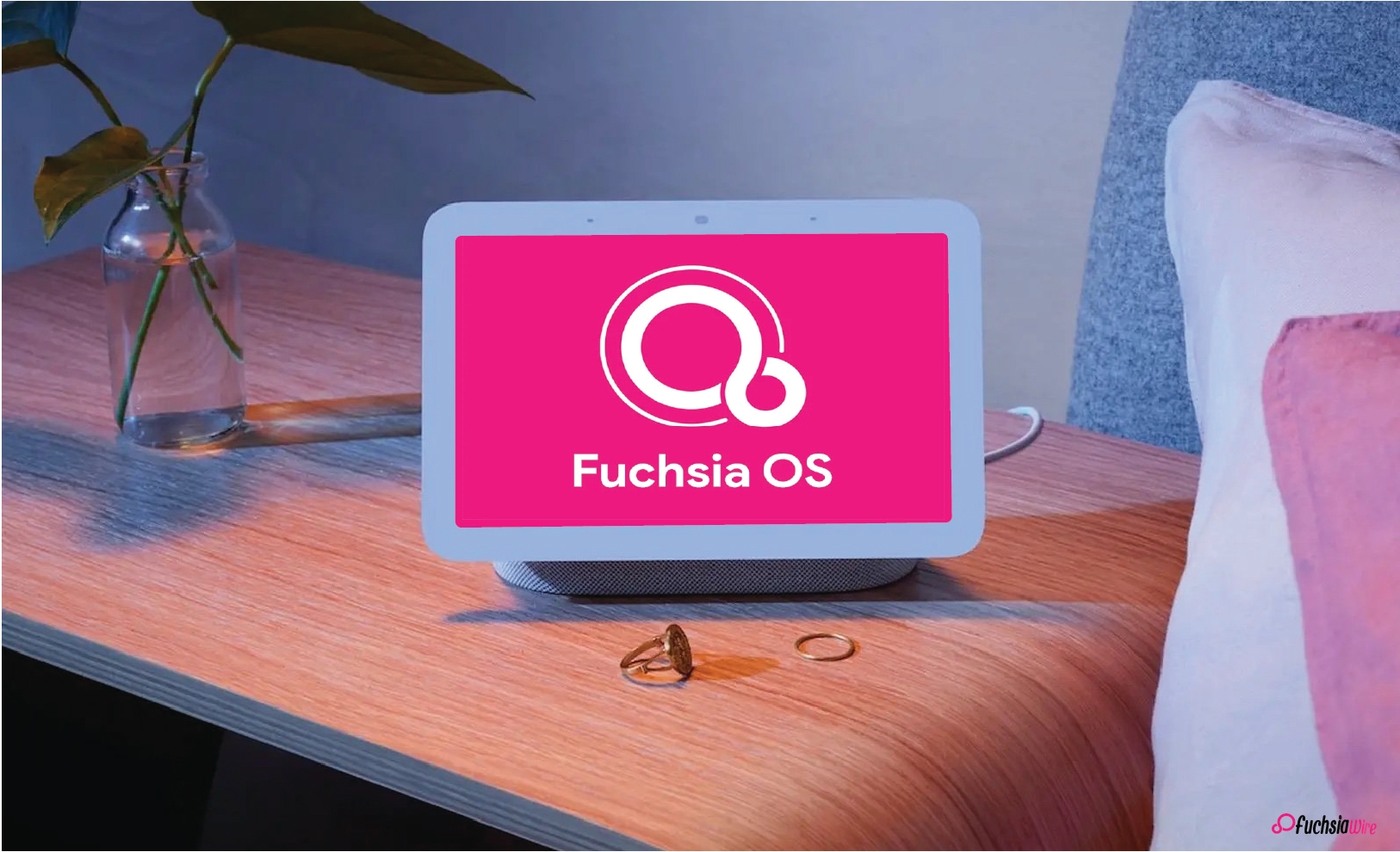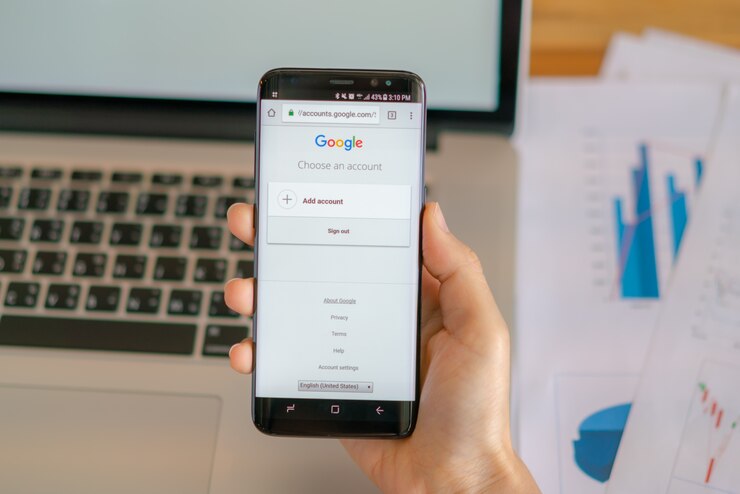Blockchain technology has benefited mobile apps and dApps. It enables developers to build Android Apps with Smart Contracts. At its core, it is possible through smart contracts—code embedded directly into the blockchain representing digital agreements. Smart contracts simplify existing processes and eliminate all but the essential stages. Blockchain is good for finance, health care, and supply chain.
This is because nearly all smart contracts developed in those programming languages work on the Ethereum platform, which is Android-friendly. Therefore, this guide will teach you the striking features that are useful in developing Android applications on blockchain and smart contracts. This article will provide development for those unfamiliar with blockchain — or for those who are developers. So, let us master how we will use Smart contracts in our Android applications.
What are Smart Contracts and Blockchain?
Blockchain is simply a technology in a series of decentralized records. It stores data across several decentralized nodes to guarantee that it is robust, incorruptible, and easily accessed. The blocks are in connection to their pre-progressing blocks through cryptography. This structure makes it almost impossible for someone to change data without the network’s consent.
Smart contracts are legalistic applications operating in a blockchain between buyers and sellers. They inoculate rules they want to enforce into their code beforehand. According to their definition, decentralized applications embody applications of smart contracts that enable agreement implementation between parties.
They are trustless, lack intermediaries, and need to be more knowledgeable once deployed to work. This is due to their role in enhancing the parties’ transparency, effectiveness, and credibility in a digitized transaction.
What is Blockchain in Android Application Development?
Improved Security: Because the apps are based on blockchain, their distributed structure and cryptic seal make them difficult targets for hacking and data loss. This ensures that individual user data and transactions are safe, and nobody can alter this after doing it.
Trust and Transparency: All transactions are in encryption form by blockchain and made unalterable to open to all authorized players. The transparency used here assists in forming trust between users and channels.
Minimized Third Parties: Smart contracts do not require third-party validation, which reduces overhead and time in any operation.
Decentralization: Blockchain is an open, distributed database. This contributes to higher availability, improved fault tolerance, and a less centralized system or nearly single points of failure.
Development Setup and Business Basics
The first part encompasses fundamentals, including developing an Android app that connects with a Blockchain and smart contracts:
IDEs of the present: Android Studio is the future IDE for Android development. It has everything you need to design, build, and debug your app. They ensure it meets the right standards.
Solidity is useful for writing smart contracts on the Ethereum platform. This piece of code will describe your blockchain-based solution’s rationale and rules.
Ganache: You rely on it to upload your contracts and develop your applications. However, it also serves as a testing ground. It is where new changes can be easy without engaging the Ethereum mainnet.
Web3j: A small Java library that allows developers to integrate Ethereum blockchain properties into their Android projects. It enables your application to communicate with the smart contract and the blockchain node.
Steps to Set Up
Download, install, and configure Android Studio and those SDKs required for Android development.
Download Ganache, open it, and launch a new personal Ethereum Blockchain to implement your solidity code.
To use Web3j in Android, Web3j is added as a dependency on your Android project.
MetaMask (recommended) — the free, friendly, and easy-to-use browser extension to interact with Ethereum without logging in on your Android device.
Testing and Deploying the App
It is important to test your app to make sure everything is working fine:
It is recommended that the Ganache platform be used to test individual methods in the smart contract.
Complete the last step in the Android-Blockchain-Smart Contract interaction channel.
Ensure the app is ok and easy to use by its clients with a proper layout without any complications
Essential Security Measures and Best Practices
Here are some best practices for developing Android apps with blockchain and smart contracts:
Gas Fees: Ether is paid for every interaction with the blockchain. Following the optimization techniques described above can reduce the costs generally associated with smart contracts.
Protect Private Keys and Wallets: Private keys need protection. Some methods of working with wallets include using MetaMask in programs and libraries like Web3j.
Smart Contract Audits: Keep your smart contract from going directly to the live network to avoid exploiting common weaknesses.
Low user experience: Blockchain is difficult for users, which is a statement we can derive from this analysis. Ensure the app is seamless and the blockchain technology is visible and understood only in the background.
The Wrap-Up
Consequently, blockchain and smart contracts can be incorporated into several Android applications. They aim to enhance security and decentralization and reduce reliance on third parties. With enhanced safety and effectiveness, you can integrate these as smart contracts in your Android Apps.
With the advancement of blockchain technology, mobile App Development will inevitably shift towards blockchain to bring more value to developers or end-users.
FAQs
What is blockchain in Android apps?
Blockchain provides security, transparency, and decentralized applications for enhanced apps. It eradicates intermediates through intelligent, well-designed contracts and increases the value of operations.
How does blockchain enhance the security of Android App apps?
Due to their decentralized and cryptography nature, most blockchains are highly immune to cyber hackers and data manipulation. Every transaction is final and fundamental, and like in blockchain, consensus is achieved, making data integrity inherent.
How do we execute smart contracts’ testing while avoiding the main Ethereum network from being affected?
Ganache is a personal Ethereum blockchain that helps optimize the use of the mainnet, its costs, and associated risks.
What is web3j, and why is it important for Android app development?
Web3j is an Android-based Java application that uses the Ethereum blockchain. Your app can easily handle activities like deploying smart contracts, querying for data on the blockchain, and firing transactions.
Suggested Blog: The Future of Using Blockchain in Android Development
























